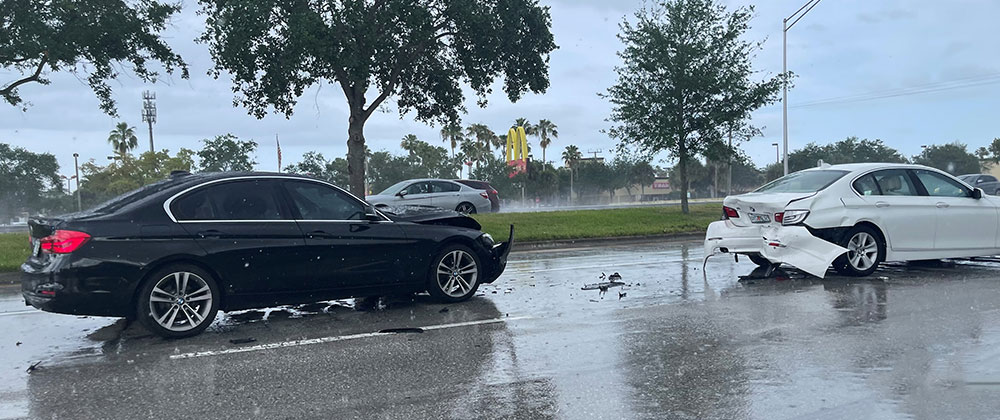Product Recall – Defective Hip Implant
A defective hip implant manufactured by Zimmer, called the Zimmer M/L Tapers with Kinectiv Technology Prosthesis Femoral Stems and Necks, is the subject of a voluntary “Class I recall.” A Class I recall is the most serious type of recall issued by the U.S. Food and Drug Administration (FDA). A Class I recall means there is a reasonable probability that use of the defective product “will cause serious adverse health consequences or death.”
The recall notice was issued to hospital staff, risk managers, and surgeons in May 2015, after Zimmer “found a process monitoring failure that led to higher than expected amounts of manufacturing residues left on the devices.” The FDA recall notice states, “These residues can cause serious adverse health issues including allergic reactions, pain, infections, or death.” Essentially what this means is that the residues left on the component parts during the manufacturing process, the residues being a substance with a high metal content, will leak out into the patient’s body, causing infection, pain or other serious side effects. Complications from metal in the bloodstream could affect numerous vital organs, including the heart and kidneys. In all likelihood, anyone who received this recalled hip implant will now need revision surgery to remove and replace the defectively manufactured device.
If you or someone you know has had hip replacement surgery this year and you think the surgeon used the Zimmer M/L Tapers with Kinectiv Technology System, call the experienced attorneys at Boynton Law, P.A. for a free consultation and discussion of your legal options.
This is not the first time Zimmer has had problems with its hip replacement products. Numerous lawsuits were filed after the Zimmer Durum Acetabular Component, commonly referred to as the “Durom Cup,” was recalled in 2008 because of inadequate surgical instructions. The Cup’s poor design and construction caused it to slip out of place, resulting in terrible pain for patients who received it, in addition to revision surgery.
Florida Courts, relying on Section 402A of the Restatement (Second) of Torts, have found that a product may be unreasonably dangerous because of a defect in manufacturing, design, or warnings and instructions. Generally speaking, products liability (or defective product) cases fall under one of two legal theories: strict products liability or negligence. That said, oftentimes there is an overlap in the analysis of the facts; the evaluation process is complicated. It is always best to consult an experienced Boynton Beach Defective Products Lawyer to determine if you have been injured by a defective product.
In simple terms, a rudimentary analysis to distinguish the two theories and determine which facts and issues reflect strict products liability cases (also called liability without fault) and which spring from a more standard negligence theory, is to ask what was wrong or defective in the product. Strict products liability cases tend to look at the “design” of the product. Is the product defectively designed and therefore unreasonably dangerous? On the other hand, cases based in negligence tend to look at the “manufacturing” process. Did the injury result from how the product was constructed or manufactured, rather than from a problem with its design?
Regardless of which theory a plaintiff ultimately pursues, it is important to remember that in Florida, products liability lawsuits must be filed within four years after the cause of action occurred. (See Section 95.11, Florida Statutes) The four year timeframe starts to run from when the plaintiff learns of the injury or should have known the defendant’s conduct caused harm.
Based on information released by Zimmer and the FDA, the defective Zimmer M/L Tapers with Kinectiv Technology were manufactured between March 31, 2015 and April 20, 2015. The product was marketed to doctors as having greater flexibility because of the implant’s four part design. Whereas traditional hip implant devices have only three parts and required the surgeon to adjust the hip bone to fit the implant, the four part design allowed the doctor to separately select and adjust each component part, providing a more custom fit based on the patient’s individual leg length, range of motion and other stability concerns.
Manufacturers, sellers, and other distributors of good all have a responsibility to consumers to ensure the products they sell are safe. If you or someone you know was injured by a recalled product or some other defective product, call the experienced Boynton Beach Products Liability Lawyer at Boynton Law, P.A., for a free consultation. Our legal team looks for the most positive outcome while navigating the intricacies of Florida law.
Regardless of which theory one ultimately pursues, it is important to remember that products liability lawsuits must be filed within four years after the cause of action occurred. (See Section 95.11, Florida Statutes) The four year timeframe usually begins to run from when the plaintiff knew or should have known that he or she was injured by the defective product.




